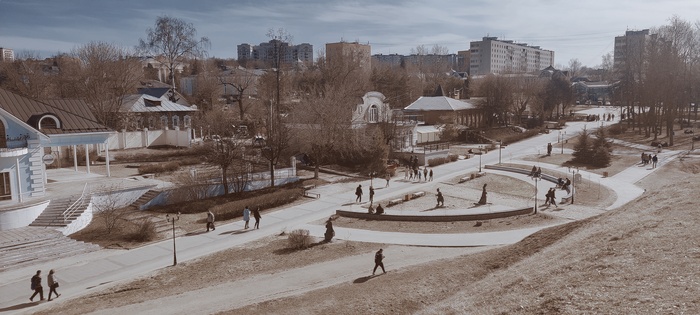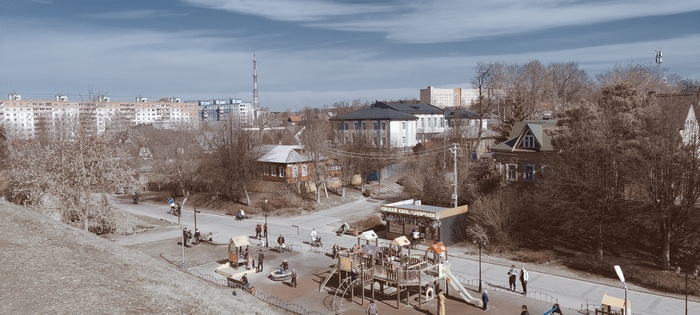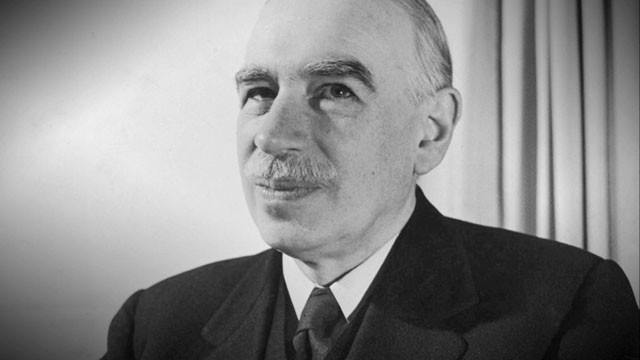tapnikov
Да здравствуют дети Маска!
Прочитамши в вечерних новостях, что у Илона нашего Маска третий ребенок родился. Что позволит ему бесплатно парковаться на платных парковках Москвы.
Вот хитрец, ишь удумал что!
Великие экономисты современности
Сначала Козак сказал, что-де бензин не подешевеет, потому что по законам рынка, планеты Нубиру и прочим законам от Хамурапи до сего дня, да что вам объяснять, вы не поймете, ГСМ дешеветь не может. Потом ФАС отметилось в качестве ньюс-мейкера, что-де не могут дешеветь продукты, иначе если дешеветь, то откель деньги на развитие брать, самое инновационное, разумеется.
Понял, почему в Лондоне так обеспокоены деятельностью российских институтов власти. Да просто потому, что Маркс с Энгельсом, в Лондоне похороненные, крутятся в своих гробах со скоростью центрифуги! Уже их движение смещает магнитный полюс Земли в сторону России, видимо, бородатым даже с того света глянуть хочется на видных экономистов. А еще и Кейнс из Сассекса подкручивает, не так, как дедушки, но все же.
С нетерпением жду новых и свежих заявлений, от которых не то что Скрипаль забеременеет, Алиса грибами подавится.
#обамапрекратичтотыделаешь
Кофе вредный, лучше чай
В своё время я занимался онкологией глубоко, был директором одного онкоцентра. И хоть это было относительно давно, новости по тематике иногда почитываю.
Решил поделиться кое-чем из последнего. Интересная статья. Кратко суть: кофе увеличивает риск рака, у мужчин больше, чем у женщин. И это не британские учёные, а IARC - международная организация по исследованию рака при ООН.
Берегите себя.
Выдержка из 521-тистраничной статьи для знающих язык буржуинов👇🏻
In 1991 (IARC Monographs Volume 51),
the Working Group concluded that there was
limited evidence for the carcinogenicity of coffee
drinking in humans. This evaluation was based
on an increased risk of cancer of the bladder that
was observed in several hospital-based case–
control studies, with few cohort studies avail-
able. Two concerns with these older case–control
studies are: (1) that coffee-drinking habits were
assessed after case diagnosis and could be affected
by development of bladder cancer; and (2) the
use of hospital-based controls in the majority of
studies, with often unreported conditions that
may affect coffee drinking, which can in turn
introduce bias in reported coffee drinking and a
subsequent overestimation of the risk. Bias in the
observed estimates could therefore not be ruled
out. Several large prospective cohort studies
and population-based case–control studies have
been published since 1991, with adjustment for
tobacco smoking and/or results in non-smokers,
and were available for this updated review.
The current Working Group examined the
association between coffee intake and risk of
cancer of the bladder in nearly 80 cohort and
case–control studies conducted in Asia, Europe,
South America, and the USA. In evaluating the
evidence from these epidemiological studies, the
Working Group placed the greatest weight on
the cohort studies. This evaluation was comple-
mented with information from population-based
case–control studies, which were considered
more informative than hospital-based studies.
Studies that did not consider smoking as a
confounder were excluded from evaluation.
Eleven cohort studies from Europe, Japan,
and the USA reported on the association
between coffee drinking and risk of cancer of
the bladder with inconsistent results. There was
no consistent evidence of a positive or inverse
dose–response relationship with the quantity
of coffee consumed. Within the studies that
reported sex-specific results, associations among
women were generally null or inverse and more
often positive among men. The findings among
women are particularly informative, in that those
associations are less likely to be confounded by
smoking and occupational exposure compared
with associations among men. Of the two cohort
studies that reported on non-smokers, one
reported a non-significant positive association
and the other a non-significant inverse associa-
tion. Both were based on very small numbers of
non-smokers.
Among the 14 independent population-based
case–control studies, the findings were also
inconsistent. Increased risks were reported in
several studies, mostly among men. Modest
positive associations were observed in several
studies of non-smokers, but none were statisti-
cally significant.
In conclusion, there was no consistent
evidence of an association or dose–response rela-
tionship between coffee drinking and cancer of
the bladder. The majority of positive studies did
not adequately adjust for smoking, and studies
among non-smokers were limited by small
sample size. Moreover, most studies did not
adjust for occupational exposures. Sex-specific
associations were more often positive among
men. Among women, where confounding by
occupational exposures and smoking is less
likely, the associations were generally null or
inverse. Residual confounding by smoking or
occupational exposure therefore cannot be ruled
out.










